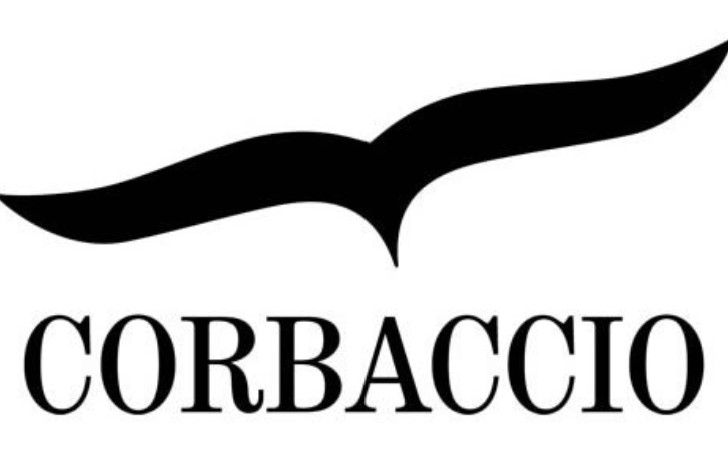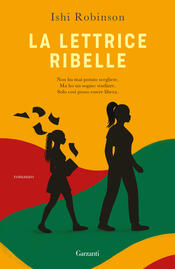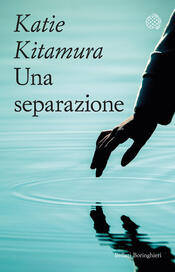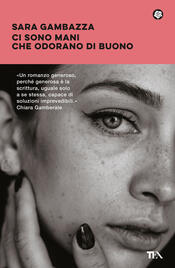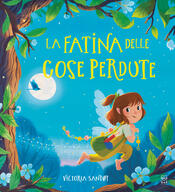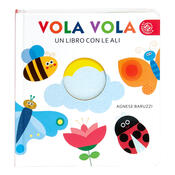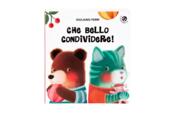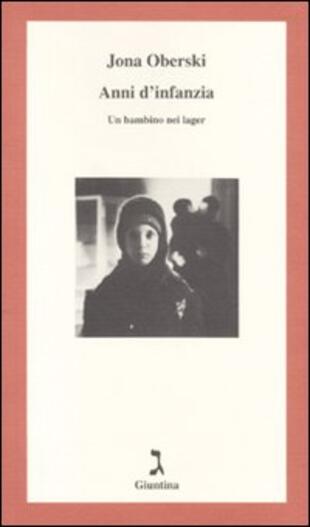

Sinossi
«La sera la mamma mi domandò che cosa avevo fatto durante il giorno. Le raccontai che ero stato insieme ai ragazzi più grandi. Mi domandò se mi prendevano così senz'altro con loro e io le spiegai che ora sì, mi prendevano con loro, perché avevo superato la prova. Ero stato all'osservatorio. Lei mi domandò che cos'era, un osservatorio. Risposi che lo sapeva benissimo, che lì c'erano i cadaveri e che sapeva anche benissimo che mio padre era stato gettato sopra gli altri cadaveri e che non aveva neppure un lenzuolo e io avevo detto ai bambini che ne aveva sì uno, mentre avevo visto benissimo che non ne aveva. Mi misi a strillare che lei era matta a lasciare che lo buttassero così sugli altri cadaveri senza lenzuolo...».
- ISBN:
- Casa Editrice:
- Pagine: 119
- Data di uscita: 01-04-1995
Recensioni
Jona Oberski werd in 1938 geboren en maakte als kleuter en Joods kind de oorlog mee. In dit boekje beschrijft hij vanuit kinderlijk perspectief hoe hij met zijn ouders naar Westerbork en later naar Duitsland werd vervoerd. Zijn vader geloofde aanvankelijk dat zij in Palestina terecht zouden komen. J Leggi tutto
I had to read this for school, hence me reading the Dutch edition, and this book was so beautiful. I remember being so mesmerized by it. I even sat down with my mom to talk about it. We had to make a test about it and I nailed it because of my obsession.
La Guerra contada desde los ojos de un niño pequeño. Al leer sus vivencias desde la perspectiva adulta se me hiela el corazón ante la barbaridad que tuvieron que soportar. Nos relata con una voz infantil e inocente los recuerdos en los campos de concentración de Westerbork y Bergen-Belsen tras la per Leggi tutto
Met alle respect maar ik vond het niet zo'n interessante leeservaring.
The story recounted in Jona Oberski's novella is tragically familiar - during World War II, the life of a young Jewish couple and their 7-year old son is destroyed when they are taken from Amsterdam to the concentration camp of Bergen-Belsen. What sets this book apart from other Holocaust stories is Leggi tutto
this book is about the holocaust from the point of a kid too young to fully understand what's happening, and the seemingly simple events make the book incredibly heartbreaking. i remember reading somewhere "you don't write about the horrors of war. you write about the children's socks lying in the m Leggi tutto
Forse sopravvivere è più difficile che morire. Dopo l'infanzia nei lager, l'impresa è "ripulire" per continuare - e "ripulire" è parola finale del libro. Poi solo la dedica di chiusura: "Per i miei genitori adottivi, / che con me hanno dovuto patire non poco".
Citazioni
Al momento non ci sono citazioni, inserisci tu la prima!

